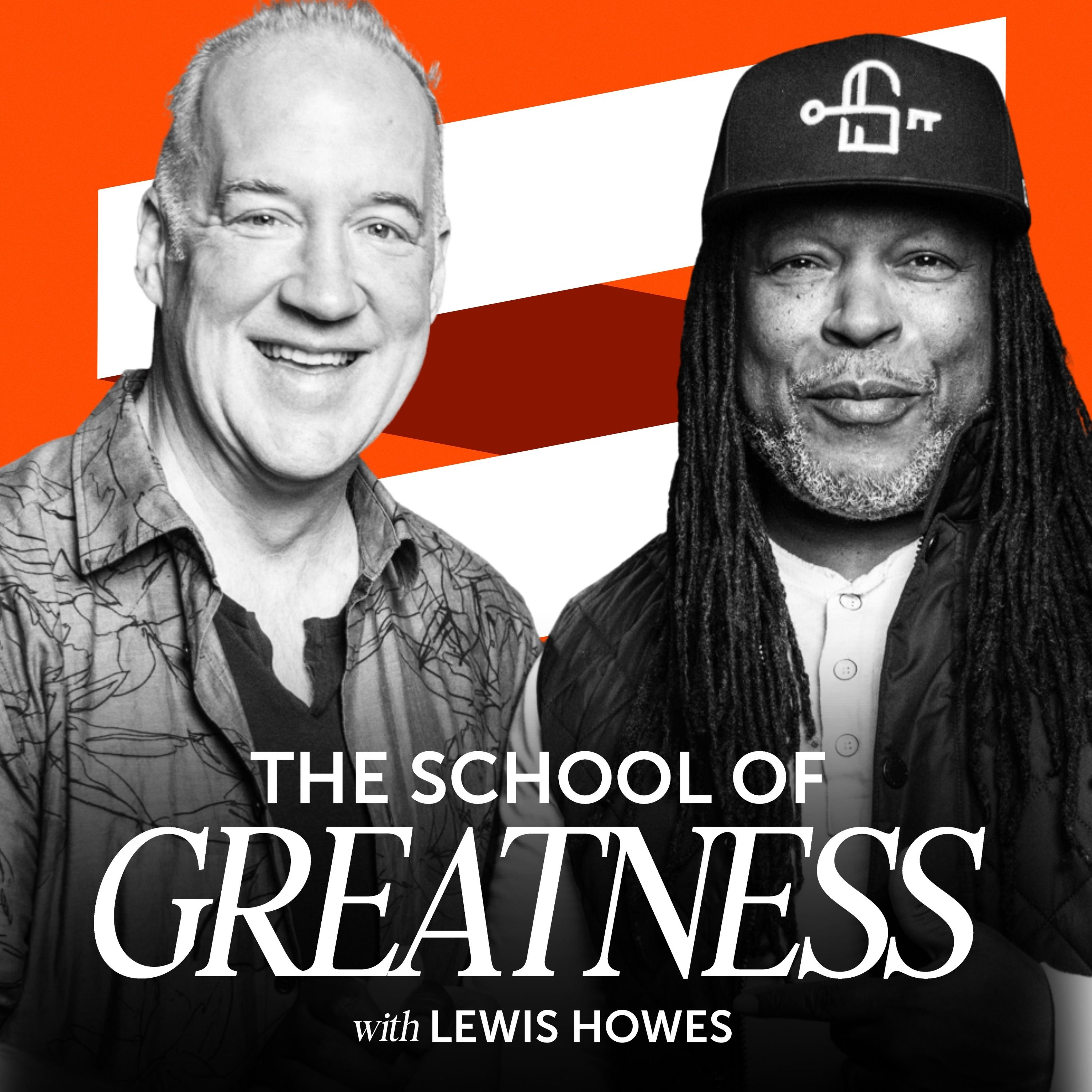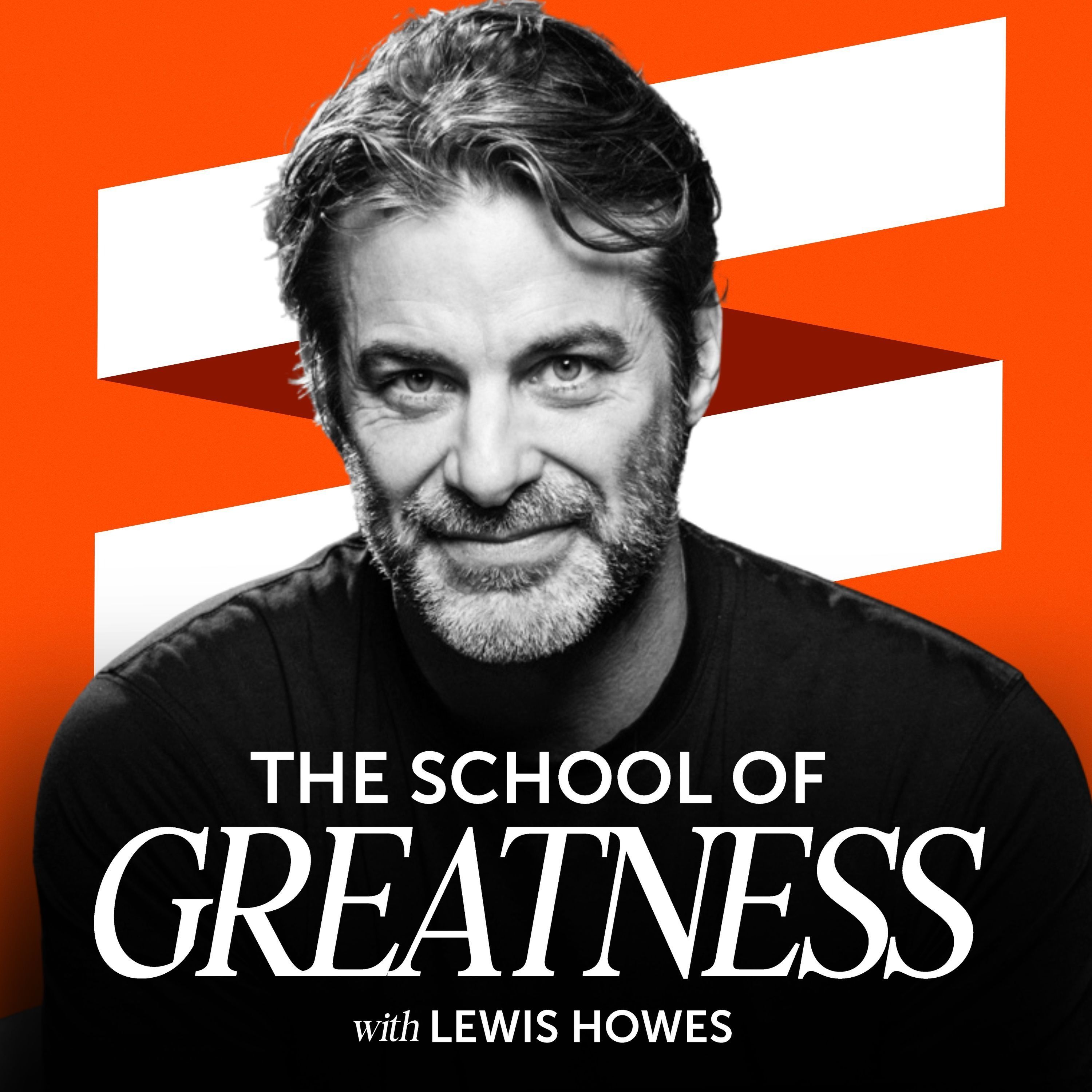7 Science-Backed Frameworks That Will Rewire Your Brain for Unshakable Confidence
I break down the seven science-backed frameworks that transformed me from a terrified, insecure kid into someone who built a media empire and competed at elite levels. You'll learn how to rewire your brain for confidence using neuroscience, not just motivation, so you can finally break free from the self-doubt that's been holding you back.
Press play and read along
Transcript
Transcript is processing—check back soon.
The School of Greatness — 7 Science-Backed Frameworks That Will Rewire Your Brain for Unshakable Confidence





